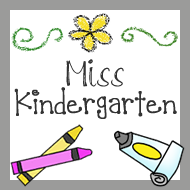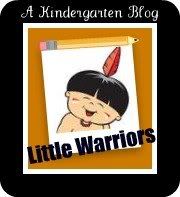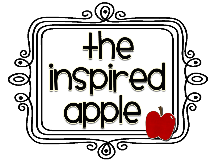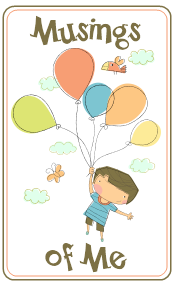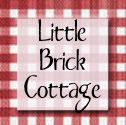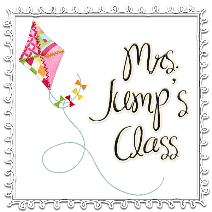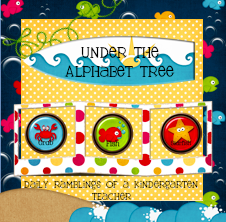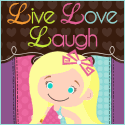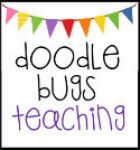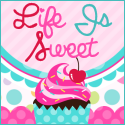We start by reading this book.

Then we chart what we think are liquids, gases and solids-this is usually pretty interesting and it isn't long before we have to deal with a bathroom joke followed by a reminder of good manners, staying focused, etc. you get the idea...
In order to demonstrate how molecules move within matter we spread out all over the room and move around freely without touching anyone else as we would if we were steam. Then we move a little closer -still, without touching as if we were water, moving a little more slowly. Last we squeeze in close to one another without moving at all as if we are ice. The kids love it!
To demonstrate this concept on paper, we use stickers and a tri-fold piece of construction paper so that we can chart how close together or far apart molecules are for each form of matter.

This is the first page of our Lab Book on LGS. I want to get white button down shirts from Goodwill-enough for the whole class-so that we may wear lab coats when we are conducting experiments or writing our lab reports. Fun!
 Our first experiment is the Rubber Egg Experiment. We want to find out how one form of matter may or may not affect another form of matter and record our findings. We talk about how a good scientist observes the world around him/her and how one thing affects another. Hmmmm...
Our first experiment is the Rubber Egg Experiment. We want to find out how one form of matter may or may not affect another form of matter and record our findings. We talk about how a good scientist observes the world around him/her and how one thing affects another. Hmmmm... For this experiment each child gets a raw egg and a clear plastic cup filled halfway with white vinegar. Yes, I did say we were using raw eggs! For the two years that I have done this experiment with a class, I have not had one child break their egg. When I explain that they will only receive one egg and that is it-buddy, they don't fool around! We place the egg in the vinegar and each child takes a moment to observe what happens as their egg settles in the cup. Does it float? Are there bubbles? Do the bubbles go away? Then we talk about what we think will happen-we make predictions and chart them as a class. Next, we state our hypothesis and talk about how this is a very smart guess. They come up with some pretty insightful ideas-I am always surprised!

The next day, they are so excited when they come in that morning that they make a beeline for the tubs with the cups-they can't wait to see how their egg has changed. I give everyone their own cup back and we take a moment and observe the changes that have taken place and then we chart them on the board. I will have a lab report for each child and we complete this whole group. Most of their hypotheses were accurate. The egg does appear to change color-the yolk is more easily seen through the softened eggshell. The egg is larger and when touched it has a soft, rubbery feel. Cool!
 So, the vinegar (a liquid) did change the egg (a solid) with some gas occurring when the egg meets the vinegar. Now we see if this is true with other LGS.
So, the vinegar (a liquid) did change the egg (a solid) with some gas occurring when the egg meets the vinegar. Now we see if this is true with other LGS.We bring a small rock in from the playground after recess one day and place it in a cup of water. We have added a solid to a liquid. Guess what? Nothing. It is just a rock in some water. So then we wonder about other solids and liquids. I ask what they think will happen if we add something to a soda since it is a liquid with a gas IN it. Hmmmm. What if we add candy to a soda? What?????? Are you kidding? This is the glory of Kindergarten. Most people have heard of or even tried this experiment themselves but most five year olds have yet to experience this.
So we go outside and after making predictions and a hypothesis we just do it. I add a roll of Mentos candy to a 2 liter bottle of cheap diet soda (less sticky) and stand back FAST. (Hence the goofy picture of me running backwards from the soda that you saw in my second post.) SPEWWWWW!!! I go ahead and repeat this two other times and then we vote on which bottle of soda spewed the highest. They LOVE this! I have got to bring a clean shirt next year...
We fill out our lab report with our findings and discover that when a certain solid meets a certain liquid with gas already present-stand back!

Okay, the very last phase of our LSG unit is our study of bubbles. We talk about how bubbles are a liquid that change shape when we add a gas (our breath) using a solid (a wand). We make wands out of pipe cleaners in different shapes because no matter what shape your wand is the bubble ALWAYS emerges as a sphere. We go outside and we make a mess! I have an assortment of dollar store bubble kits, wands, strawberry baskets, etc. for the children to experiment with in making bubbles. What fun.
All in the name of science...











































